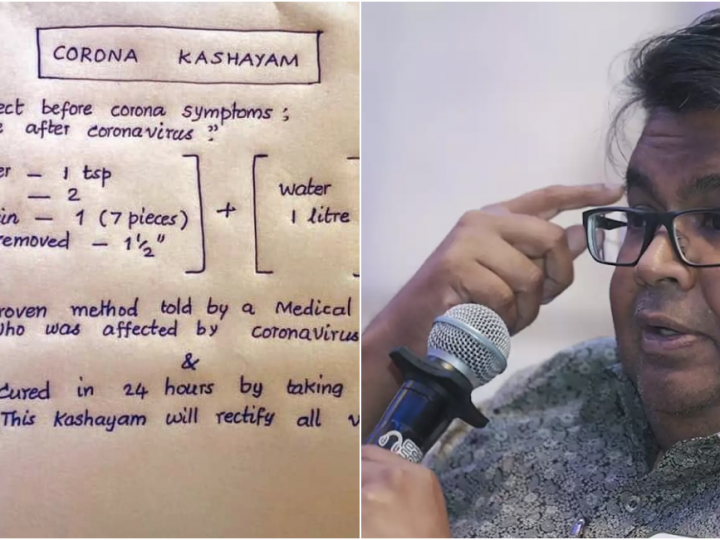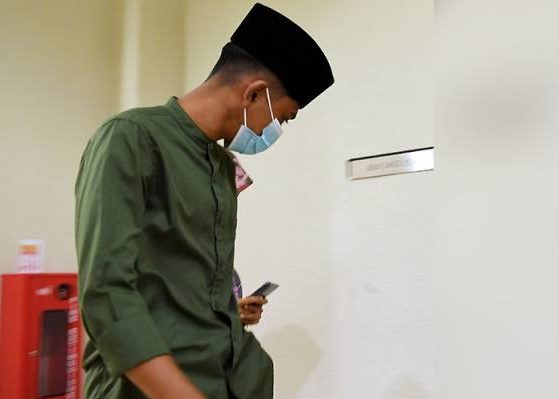MOH Will Only Test Symptomatic Close Contacts of Covid-19 Positive Patients
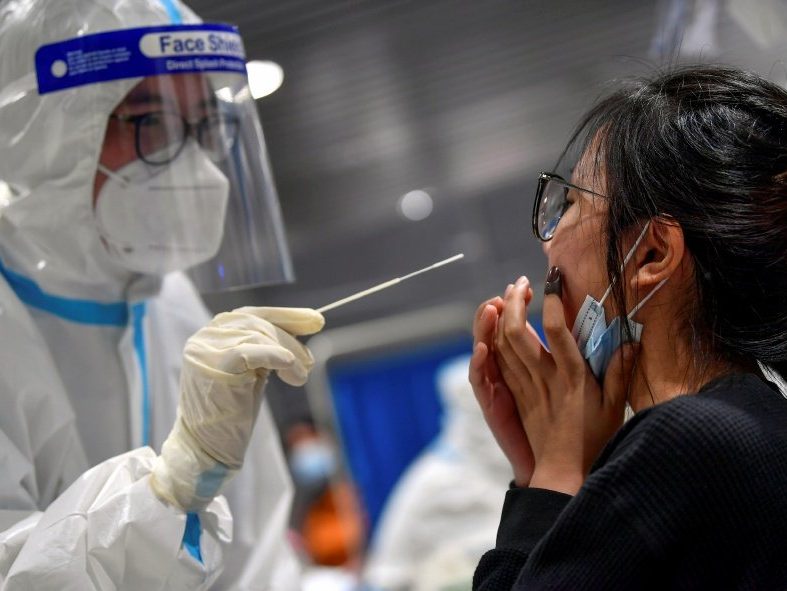 Thirsty for JUICE content? Quench your cravings on our Instagram, TikTok and WhatsApp
Thirsty for JUICE content? Quench your cravings on our Instagram, TikTok and WhatsApp
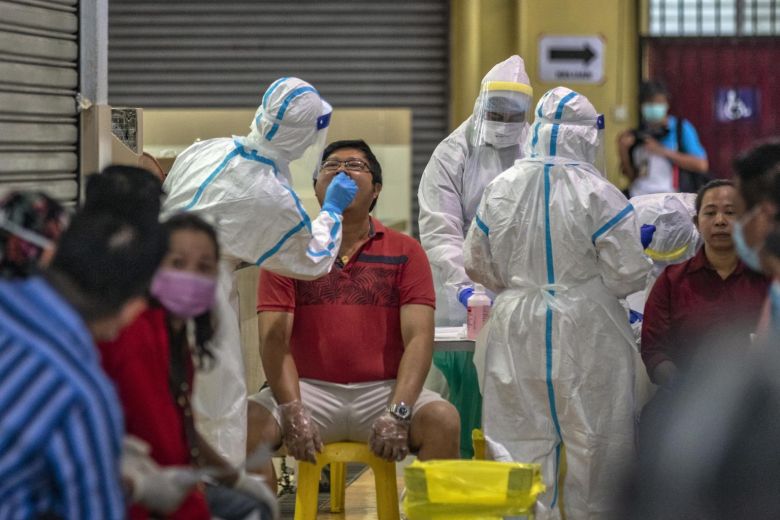
According to Malaysia Kini, the Ministry of Health (MOH) issued a new notice containing changes in contact tracing and priority for swab tests.
Health Ministry sources said that they would no longer test every individual identified as close contacts to Covid-19 positive patients and instead only test those with symptoms.
“All close contacts must be identified, ordered to undergo isolation and monitoring at home. However, Covid-19 screening test would be done only on close contacts who are symptomatic. The circular states that it would suffice to take 20 samples if the number of exposed individuals in the cluster is less than 50.
“If the number exceeds 50, then it would suffice to take 30 samples or 10% whichever is lower,” said the source.
With the healthcare system at breaking point due to the surge in the number of Covid-19 patients, MOH is trying several new approaches to ease the burden.
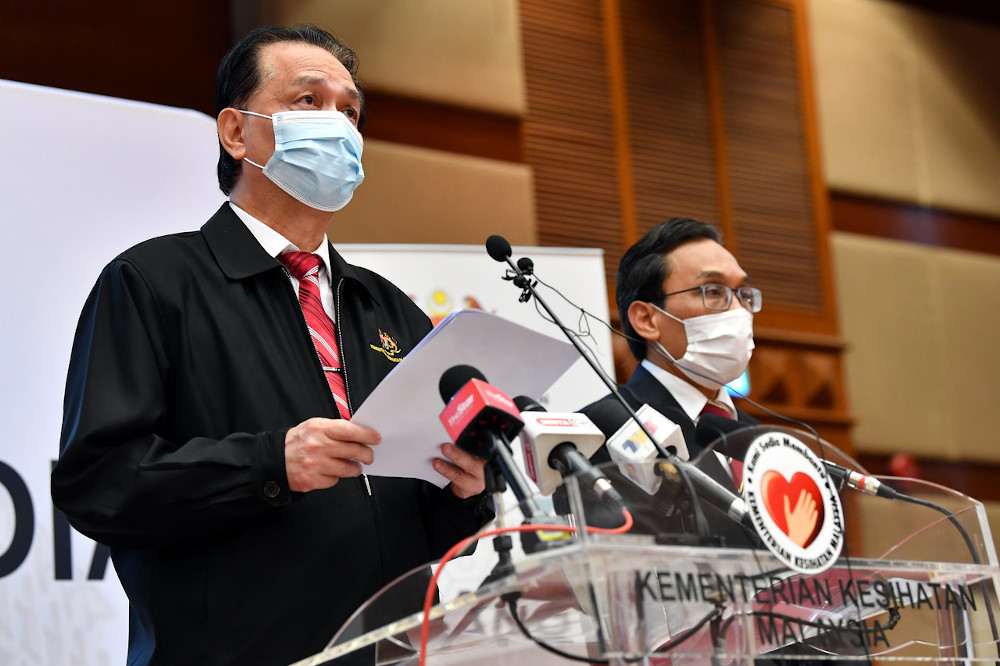
On the other hand, Health director-general Dr Noor Hisham Abdullah has also confirmed these new procedures.
He said the new plan was devised as they are now allowing Covid-19 positive patients to undergo isolation at their respective homes, or in the case of workers, at hostels or hotels at their employers’ expense.
“This is a (new) working procedure because we are considering employing the method of quarantining at either home, hostel or hotel, besides hospitals and low-risk quarantine centres. Priority is to test symptomatic individuals first” he said in a text message to Malaysia Kini.
However, healthcare professionals have expressed concerns over how the new procedures would play out.
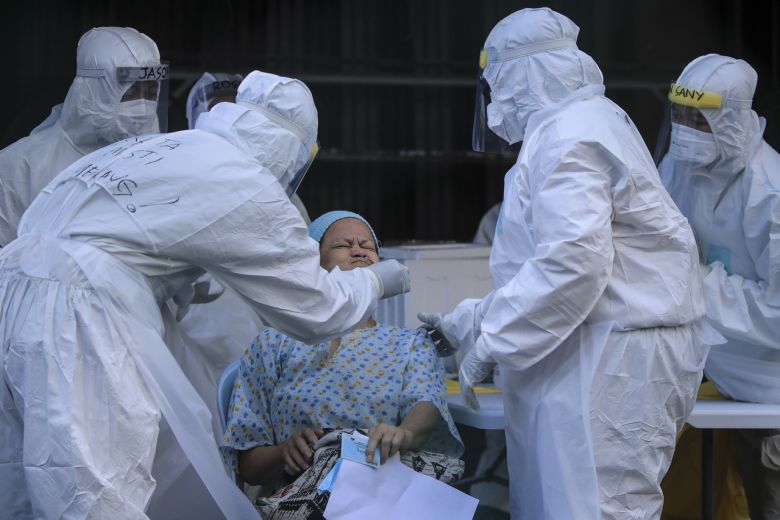
Member of the Malaysian Medical Council, Dr Milton Lum Siew Wah said that testing a small sample of close contacts does not contribute to controlling the spread and suggested MOH to adopt a “pooled testing” strategy.
Meanwhile, infectious disease expert Dr Christopher Lee mentioned that the change of procedures would be part of a mitigation strategy and containment approach.
While it would make things more manageable for the healthcare system, Lee noted that the new approach also has its risks, where the burden is left to members of the public to comply with SOPs.


 Get Audio+
Get Audio+ Hot FM
Hot FM Kool 101
Kool 101 Eight FM
Eight FM Fly FM
Fly FM Molek FM
Molek FM